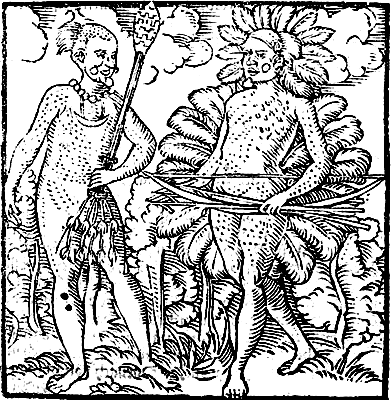It depends on the type of twins.
There’s no evidence that identical twins run in families. However, non-identical twins can run in families. A couple is more likely to have twins if there are twins in the woman’s family.
Identical twins
Identical twins happen when one fertilised embryo splits into two. Identical twins are sometimes referred to as monozygotic twins.
Each baby will have the same genes. Identical twins are therefore the same sex – both boys or both girls – and they look very alike.
Non-identical twins
Non-identical twins happen when two eggs are fertilised by two sperm at the same time. Non-identical twins are sometimes called fraternal or dizygotic twins.
Some women may be genetically more likely to produce more than one egg during a menstrual cycle (hyperovulation). This makes it more likely that they will have twins.
There are also non-genetic factors that can make non-identical twins more likely, including:
ethnic group – twins are more common in some ethnic groups than others
the age of the mother – the older the mother, the higher the chance of twins
whether the woman has already had children
infertility treatment
For more information about these factors, see Twins: myth or fact?
Non-identical twins do not have the same genes. They may be the same sex – both boys or both girls – or one boy and one girl. They will probably look no more alike than any other brothers and sisters.
How common are twins?
In the UK, twins happen in about 1 in every 65 pregnancies. Around 12,000 sets of twins are born in the UK every year.
Non-identical twins are more common: two-thirds of all twins are non-identical and one-third are identical.
Read the answers to more questions about pregnancy.
